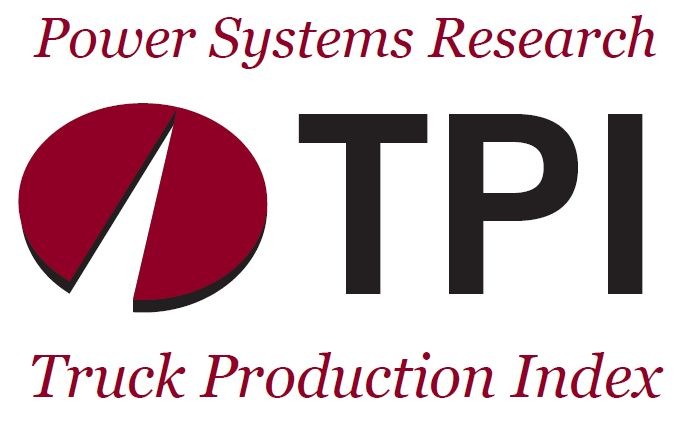China Faces Limits on Power and Production

The global energy structure has accelerated the adjustment to green energy, and the investment in traditional energy is insufficient. Under the influence of COVID-19, energy supply and demand are disrupted, exacerbating the contradiction between supply and demand, resulting in global power shortage.
China recovered from the epidemic earlier than many other countries and is now almost the only major manufacturer, so industrial power consumption has increased significantly. Power rationing is mainly to alleviate the power shortage and achieve the goal of energy conservation and emission reduction. China is dominated by thermal power generation, and there is a serious shortage of clean energy. There are still big problems in the energy structure.
Source: Weixunso Read The Article
PSR Analysis: In 2021, China’s electricity demand will grow by more than 10%, which greatly exceeds the previously estimated demand growth of 6% to 7%. At present, the substantial growth of power demand has put great pressure on power supplies. Coal accounts for about 70% of China’s electricity consumption, but the output of coal is far lower than the demand for electricity.






